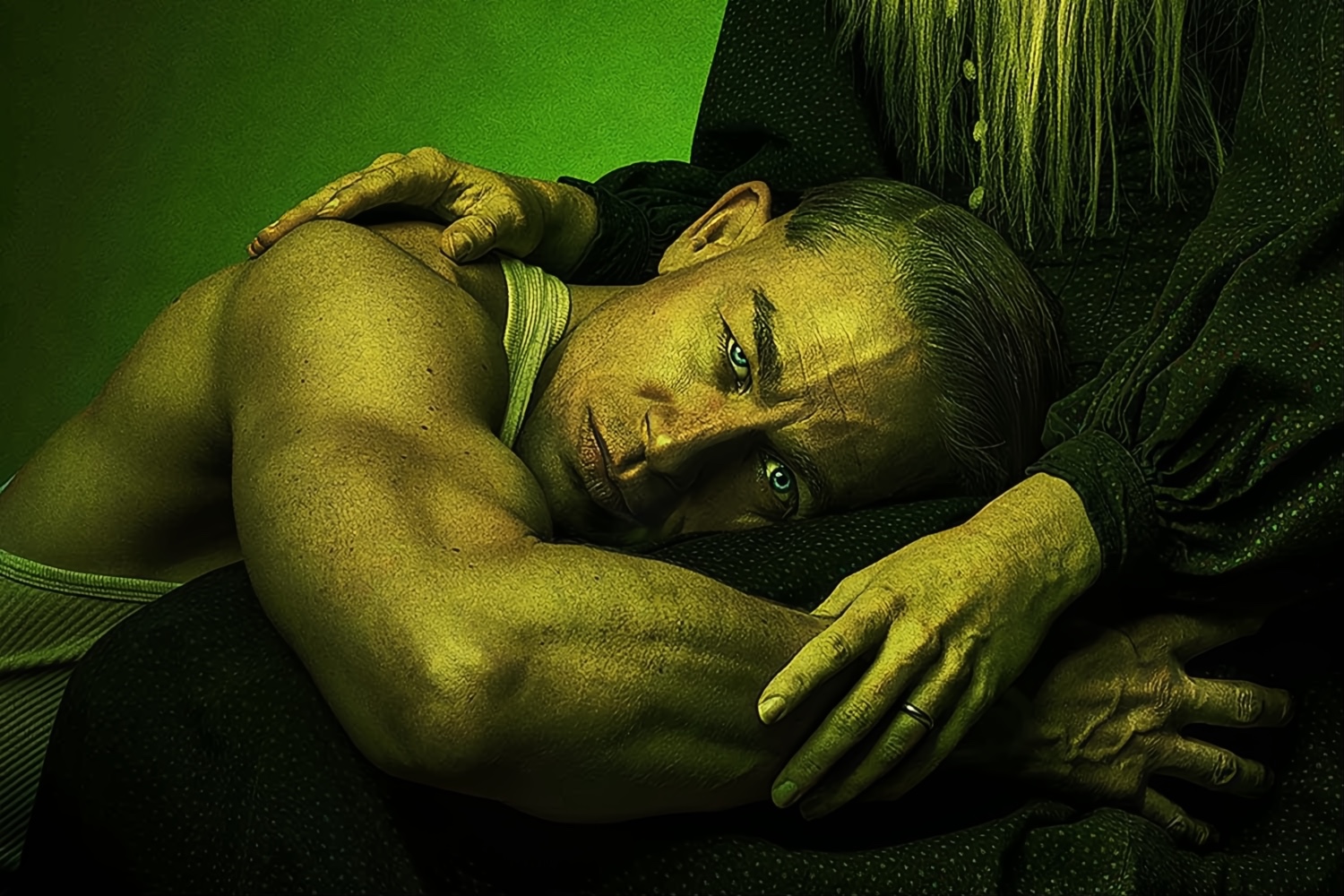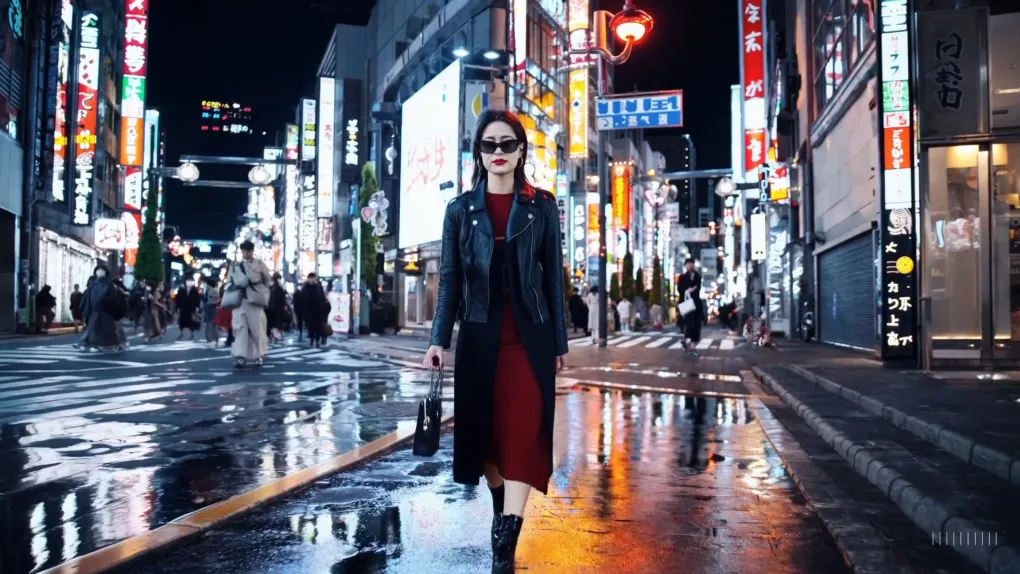TL;DR: Netflix’s Monster: The Ed Gein Story is Ryan Murphy at his most polished and most tone-deaf — a haunting, gorgeous, and ultimately soulless true crime drama that mistakes understanding for forgiveness.
Monster: The Ed Gein Story
Every time Ryan Murphy drops another Netflix true-crime series, it feels less like an event and more like a ritual — a beautifully produced séance for killers who don’t deserve resurrection. After Dahmer and The Menendez Brothers, one might have hoped Murphy would take a break from the parade of true crime melodramas. Instead, Monster: The Ed Gein Story proves he’s doubled down. The show is gorgeous, atmospheric, and acted with precision — and yet, at its core, it’s hollow. It’s another attempt to humanize horror, only to end up glorifying it.
Charlie Hunnam takes on the role of Ed Gein, the small-town Wisconsin murderer and grave robber whose real-life atrocities inspired Psycho, The Texas Chain Saw Massacre, and The Silence of the Lambs. That’s a disturbing legacy to dramatize, and Murphy seems to think acknowledging that legacy makes the series self-aware. It doesn’t. It just makes it smug. Hunnam gives Gein a tragic quietness, portraying him as an awkward farm boy crushed by religious repression and maternal control. Laurie Metcalf, as his mother Augusta, delivers the kind of performance that commands your attention — part zealot, part ghost. But no matter how magnetic Metcalf is, she can’t distract from how profoundly misguided the script feels.
Murphy paints Gein as a man at war with his upbringing, with a mother who both worships and despises him, and with a world that doesn’t understand his isolation. It’s a fine psychological setup — if we were watching a fictional character. But Gein wasn’t a fictional antihero. He murdered women, dug up corpses, and turned their bodies into furniture. No amount of brooding cinematography can rewrite that. Yet the series tries. It opens with tragedy, moves into trauma, and ends with transcendence, as if Ed Gein’s story were one of redemption instead of ruin.
The direction is technically impressive — chiaroscuro lighting, painterly frames, and the kind of eerie Americana that makes you want to pause just to admire the shot composition. There are moments when Monster: The Ed Gein Story feels like art, but they’re undercut by the fact that the show doesn’t seem to know what it wants to say. When Gein stares into the camera mid-murder and says, “You’re the one who can’t look away,” it’s supposed to make us question our voyeurism. Instead, it feels like Murphy’s trying to scold the audience for watching the show he’s spent millions making.
That hypocrisy defines the series. Murphy loves his killers — he lingers on them, stylizes them, romanticizes their inner pain. What he rarely does is linger on the victims. They’re bodies, props, voices in the distance. In a show about a man who literally dehumanized people, that lack of empathy feels like the final irony. Murphy is playing with fire while pretending to teach a fire safety course.
The show’s women suffer most under that gaze. Every female character exists in relation to Ed’s psychological torment. Adeline, played by Suzanna Son, is the perfect embodiment of Murphy’s worst habits: a flirtatious dream girl whose fascination with death mirrors Ed’s own darkness. She coos over his taxidermy and giggles through graveyards, a cliché wrapped in petticoats. When she finally discovers his true nature, she reacts with blasé intrigue rather than horror. The show wants us to see her as complicit — or worse, as a reflection of his broken innocence. It’s exhausting.
Then there’s Augusta, the mother whose piety becomes perversion. She’s written as the ultimate Freudian scapegoat — the root of Ed’s madness, the voice in his head, the origin of his violence. The show’s obsession with mother-blaming feels not just dated but cruel. Augusta is a fanatic, yes, but she’s also a woman trapped in a world that rewards repression and punishes weakness. The series flirts with exploring that complexity but ultimately settles for the easy answer: Gein killed because Mom was mean. It’s simplistic, lazy psychology dressed up in cinematic grandeur.
If that weren’t frustrating enough, Murphy’s handling of mental illness is downright irresponsible. Gein’s schizophrenia is used as both a defense and a plot device — a convenient excuse for horror. Instead of engaging with how misunderstood and stigmatized schizophrenia actually is, the show treats it as shorthand for danger. The finale goes even further, showing a dying Gein entering a glowing afterlife where his mother greets him like a proud parent. “You made a name for us, Eddie,” she tells him. It’s meant to be haunting. It’s just insulting.
That scene perfectly encapsulates the show’s moral confusion. Murphy thinks he’s critiquing the culture that idolizes monsters, but he’s also perpetuating it. Monster: The Ed Gein Story wants to be an exposé, but it ends up being an elegy — a funereal hymn for a murderer who never earned the right to be mourned.
To give credit where it’s due, Monster: The Ed Gein Story is visually stunning. The production design captures 1950s Wisconsin with eerie precision — all cracked porcelain and cold barns, a landscape frozen in moral decay. The score hums with melancholy, the editing sharpens dread into rhythm. You can feel the craftsmanship in every frame. But aesthetics without ethics can only go so far. When you remove empathy from horror, all that’s left is spectacle.
And maybe that’s the point. Netflix’s true crime machine thrives on spectacle — on our need to feel something about people who’ve done the unthinkable. Murphy’s Monster franchise is the perfect product for that ecosystem: prestige horror that lets audiences feel both complicit and absolved. It sells guilt as entertainment. It packages trauma as reflection. It’s the kind of storytelling that mistakes introspection for irony.
I keep thinking about how Alfred Hitchcock’s Psycho — a film inspired by Gein’s crimes — never once shows us Norman Bates’s murders directly. We see the aftermath, the shadow, the suggestion. That restraint forces us to imagine the horror instead of indulging in it. Murphy, by contrast, indulges in everything. He zooms in. He aestheticizes the very thing Hitchcock refused to show. And in doing so, he loses what made those older works timeless: the understanding that horror isn’t about seeing, it’s about feeling.
By the end, Monster: The Ed Gein Story isn’t a psychological study or a critique of true crime culture. It’s a mirror reflecting Murphy’s own creative obsessions — a filmmaker so fascinated by darkness that he mistakes its reflection for depth. There’s talent here, no question. But there’s also a kind of spiritual exhaustion, a sense that Murphy is repeating himself louder each time, hoping we’ll mistake volume for insight.
Verdict:
Stylish, ambitious, and completely misguided. Monster: The Ed Gein Story wants to be a chilling reflection on America’s fascination with killers but ends up as another beautifully shot exercise in exploitation. Charlie Hunnam and Laurie Metcalf elevate the material, but even their brilliance can’t redeem a show that confuses empathy with absolution.







